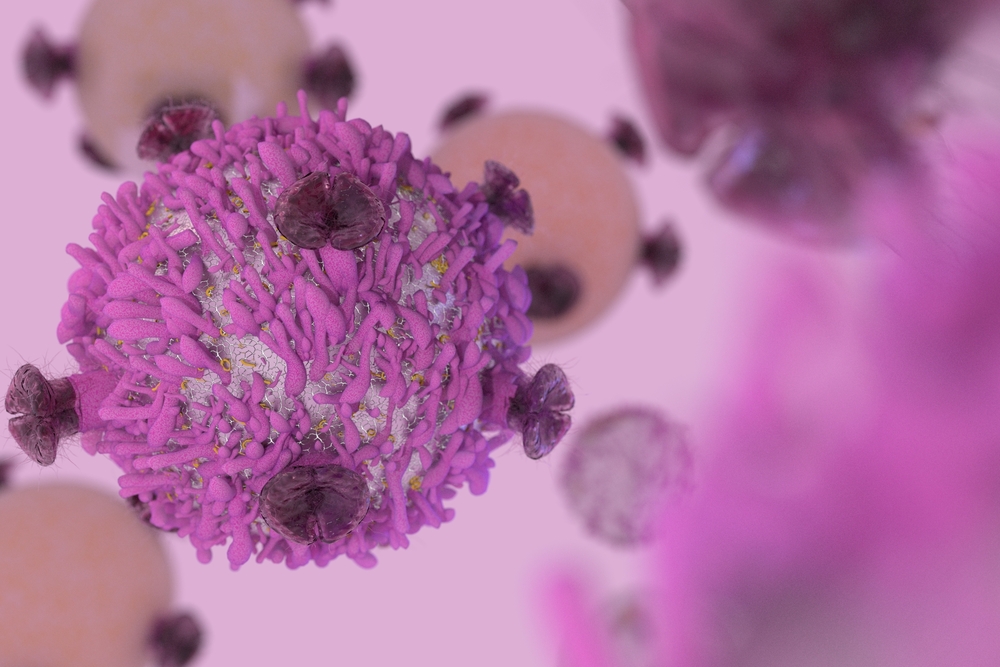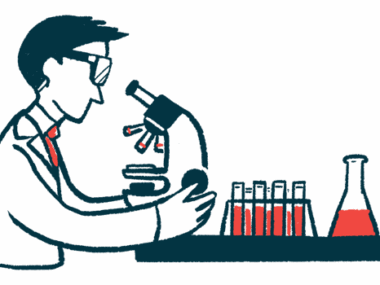CARsgen to Begin CT053 Clinical Testing in China for Heavily Treated Myeloma Patients
Written by |

CT053, one of CARsgen Therapeutics‘ lead CAR T-cell therapies, soon will begin clinical testing in China for the treatment of patients with relapsed or refractory multiple myeloma, after the Chinese National Medical Products Administration (NMPA) cleared its investigational new drug (IND) application.
In recent years, immunotherapy has gained increasing relevance due to its tremendous therapeutic potential for treating certain types of cancer. Chimeric antigen receptor T-cell therapy, more commonly known as CAR-T cell therapy, is a type of immunotherapy in which researchers collect T-cells (immune cells with anti-cancer activity) from patients, re-engineer them in the lab in such a way that they are able to recognize and eliminate cancer cells, and then insert them back into the patient’s body to fight the tumor.
CARsgen’s CT053 are genetically-modified human T-cells that specifically recognize and eliminate malignant cancer cells containing the B Cell Mature Antigen (BCMA) in patients with multiple myeloma, while leaving healthy cells unharmed.
“At the American Society of Hematology [ASH] meeting in December 2018, our collaborator, Dr. Songfu Jiang presented encouraging safety and efficacy data in patients with [relapsed or refractory multiple myeloma] who received CT053 BCMA-CAR-T cells. The IND clearance of BCMA-CAR-T cells by China’s NMPA is of great significance to CARsgen,” Zonghai Li, founder, CEO and chief scientific officer of CARsgen, said in a press release.
The poster presented at the last ASH annual meeting described the clinical outcomes of a multi-center study designed to evaluate the safety and effectiveness of CT053 in myeloma patients who had failed to respond to at least two prior treatments. After undergoing chemotherapy to destroy the remaining signs of cancer and create room for the engineered cells, patients received between 50 to 180 million modified CT053 cells.
At the time of data cut-off (July 10, 2018), the study had enrolled 16 patients. No neurotoxicity or dose-limiting toxicities associated with CT053 were found in any of the study participants.
The most common side effects associated with CAR-T cell therapy were low levels of blood cells — platelets, white blood cells, neutrophils, and red blood cells — and fever.
Only three patients developed cytokine release syndrome — a treatment side effect in which large amounts of cytokines (molecules that mediate the immune response) are released by modified T-cells, leading to an overactive immune system — in the course of the study. Those were solved rapidly after treatment with Actemra (tocilizumab).
From the 16 patients initially enrolled, 13 were eligible for early clinical response, all of whom responded to treatment. Twelve of these patients achieved rapid responses within a month after receiving a single dose of modified CT053 T-cells — including four partial responses, six very good partial responses, and two complete responses.
Within median of eight weeks after receiving treatment, five of the 12 patients given 150 million or more CT053 cells achieved a complete response. In addition, 12 of the 13 patients continued to respond to treatment from four weeks onward toward the study’s cut-off date, and 11 still contained viable CT053 cells four to six months after treatment.
“Data from this early-stage clinical study showed the unparalleled safety and efficacy of CT053 CAR-T cells. Major AEs [adverse events, or side effects] were transient, manageable, and reversible,” the poster read.
“According to JAMA Oncology, in 2016, there were about 130,000 cases of myeloma, which means from 1990 to 2016, incident cases of myeloma increased by 126% globally and despite the development of novel therapies, multiple myeloma remains incurable and new treatment options are needed,” Li said.
“As part of the CT053 development plan, we also intend to submit an IND application for BCMA-CAR-T cells to the U.S. FDA [Food and Drug Administration] in 2019. Our goal is to continue the development of novel, safe and effective immunotherapies. This is our long-standing commitment to cancer patients worldwide,” Li said.



